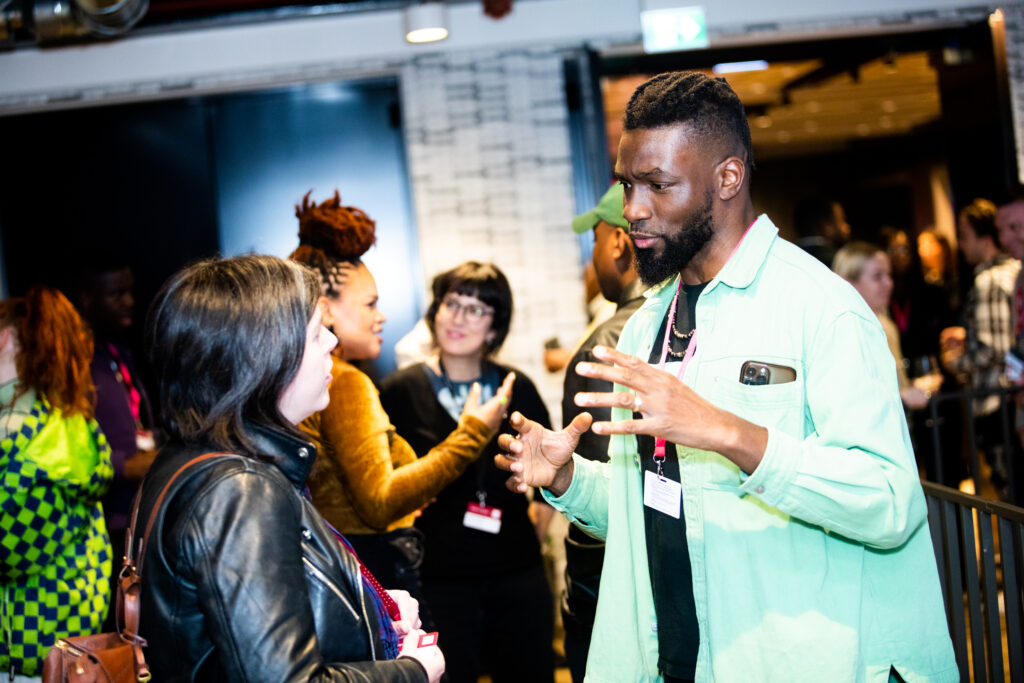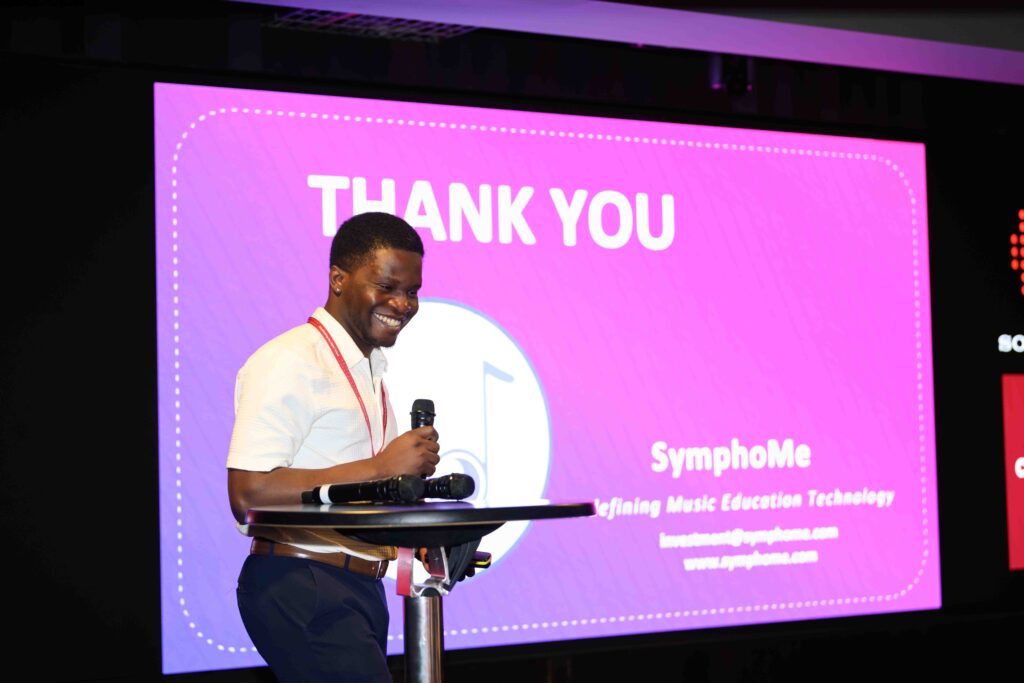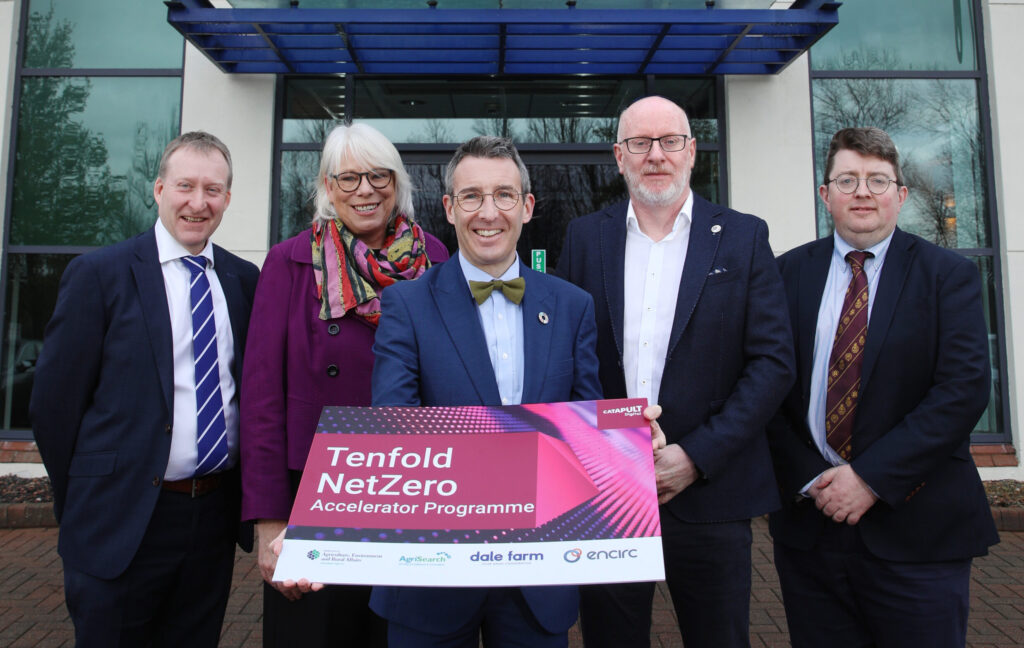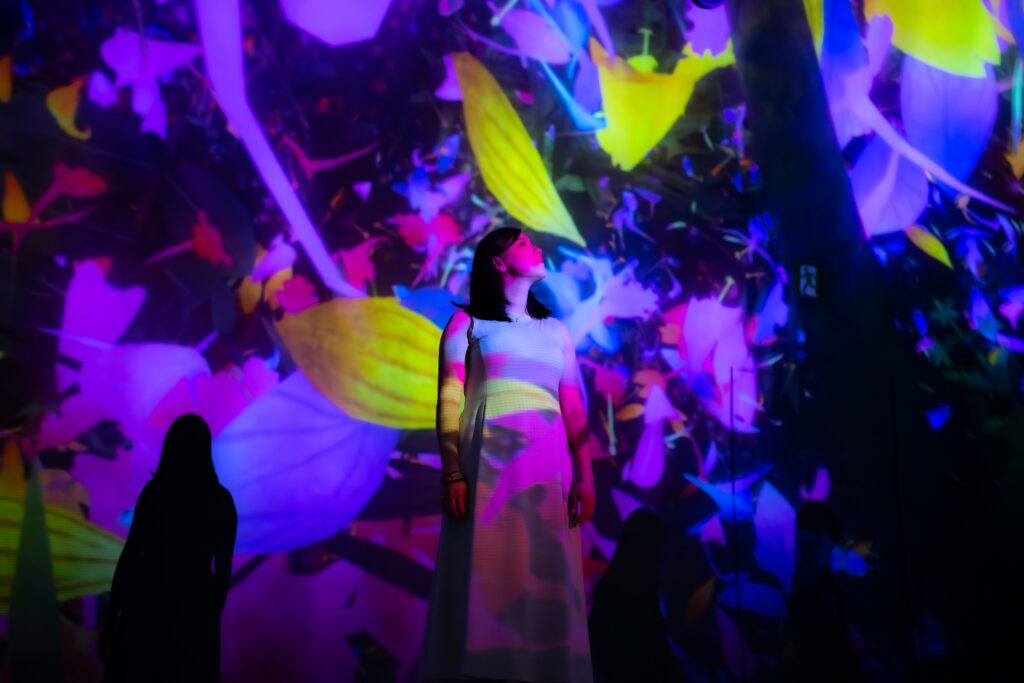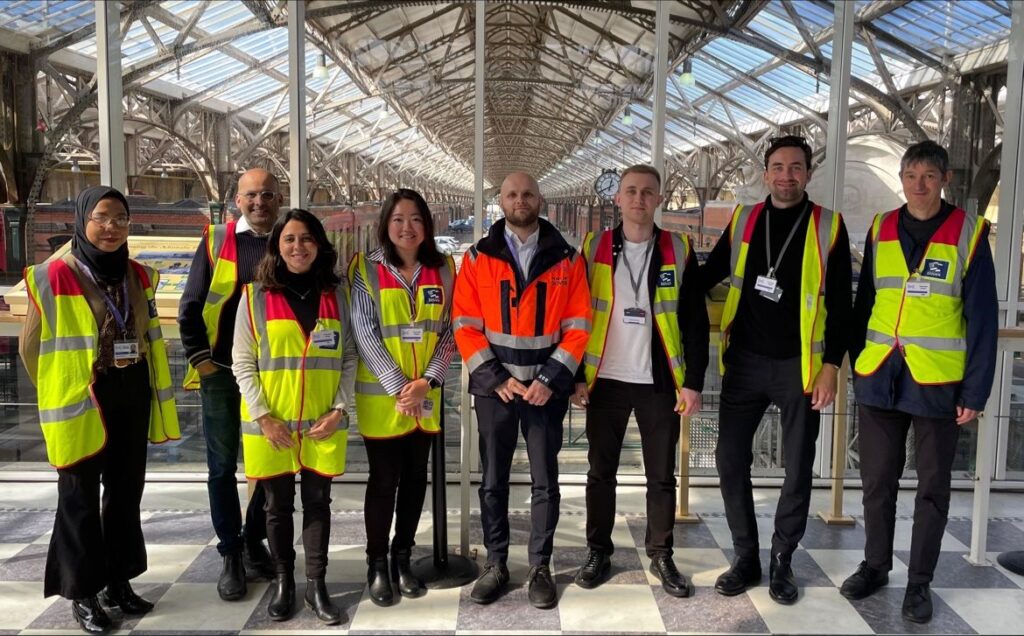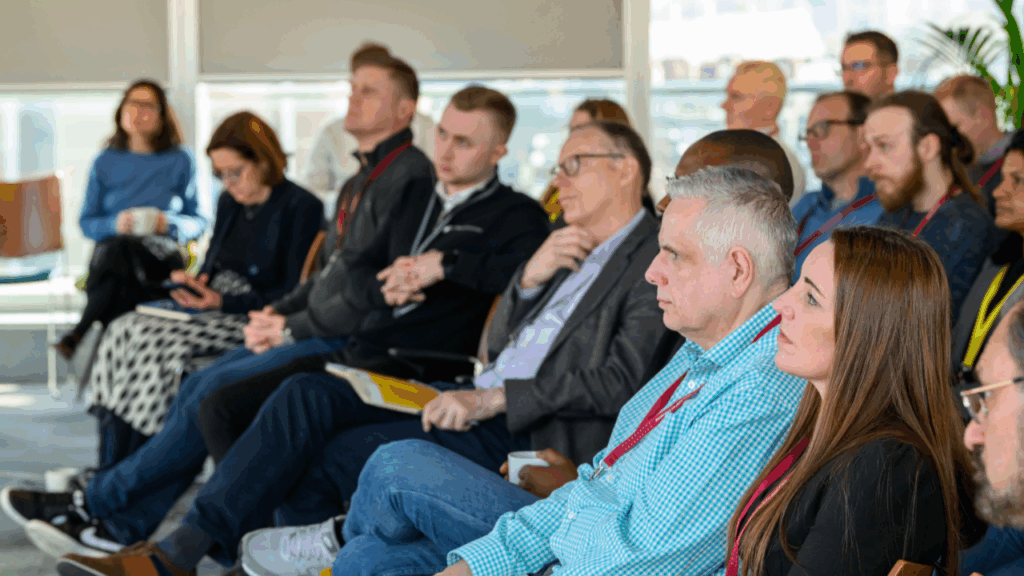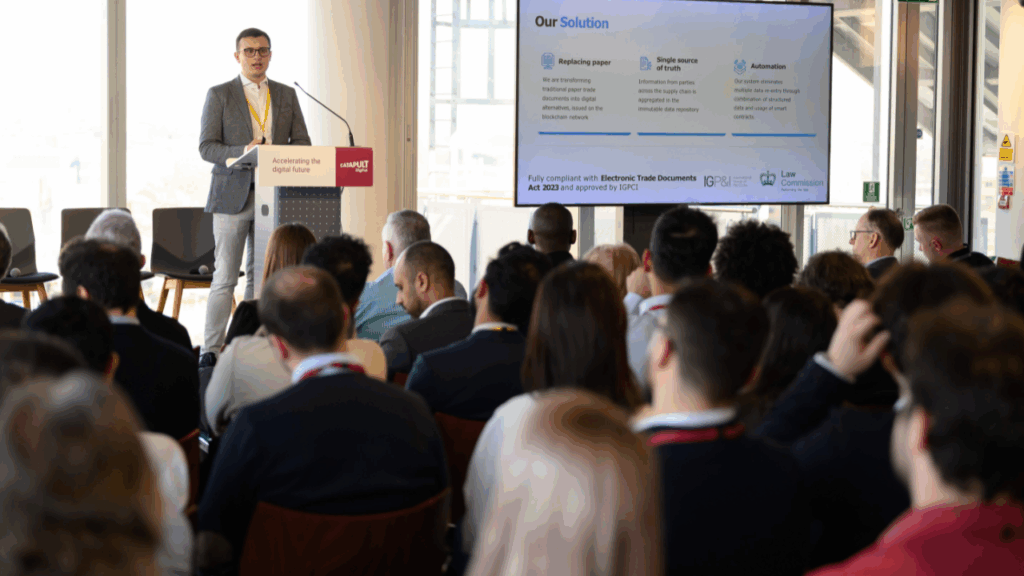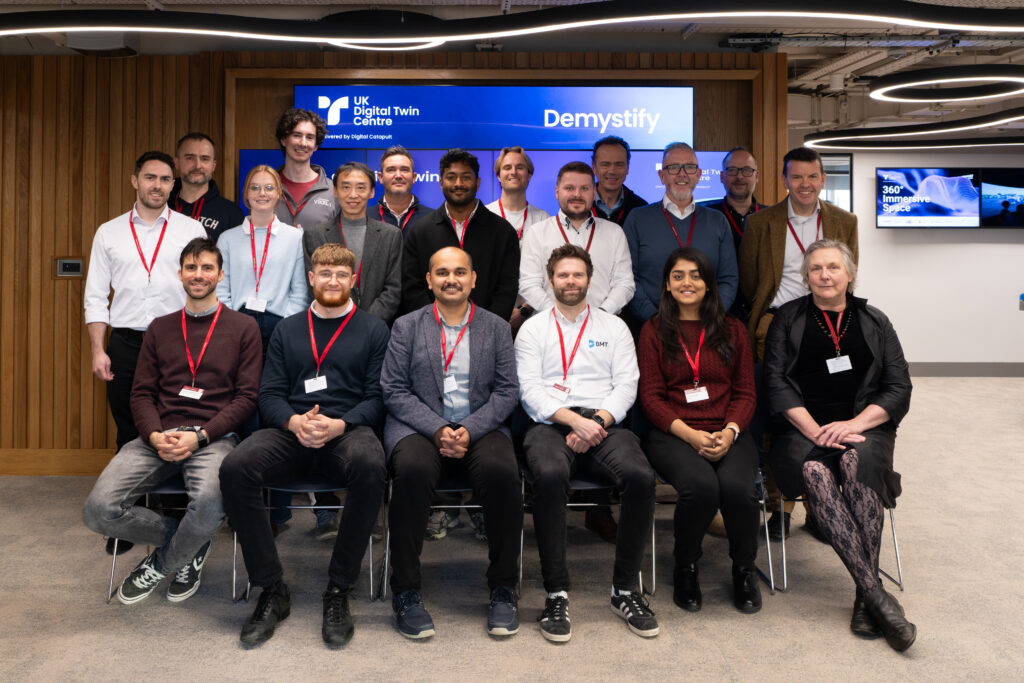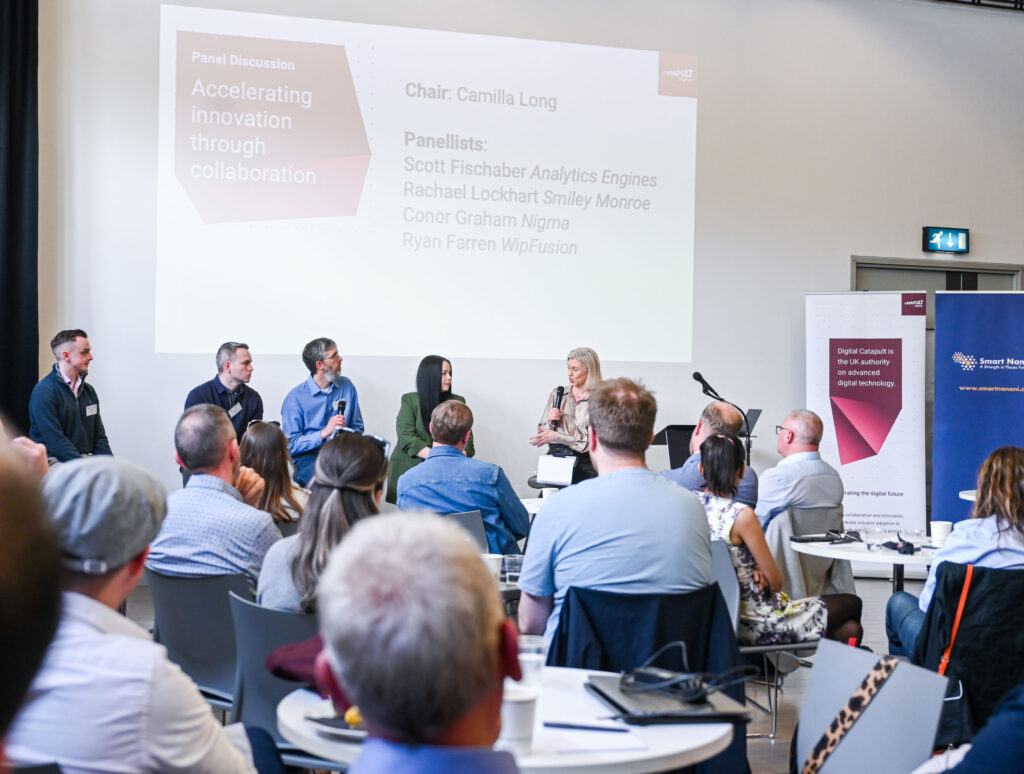Blockchain yesterday: so full of promise. Bitcoin’s spectacular price increases were a news staple, and startups raised millions in minutes via token sales or so-called initial coin offerings (ICOs). There were reports of companies quadrupling in value by merely adding the word ‘blockchain’ to their name.
Blockchain today: so deep in the trough of disillusionment. 2018 was a year of decline as unprecedented as the previous year’s boom. Fortunes – or, more accurately, potential fortunes – were lost as easily as they had been won. At its peak, one bitcoin was worth about $20,000; the drop to today’s figure, which is below $4,000, has been compared to the end of the dot-com bubble.
As those familiar with the Gartner hype cycle will know, however, the trough in which blockchain technology currently wallows may well be followed, over time, by the ‘slope of enlightenment’ – and, finally, the ‘plateau of productivity’. The dot-com crash, after all, was not the end of the internet, nor even of all internet-based companies of the era. Just look at Amazon.
The truth is that the hype, especially hype related to token sales and cryptocurrency speculation, was misguided, because the value of blockchain and other distributed ledger technologies was never directly related to speculative investments in cryptocurrencies and tokens. This is the central thesis of Distributed Creativity, my book about the potential impact of blockchain technology on the creative economy.
The book, written as researcher in residence at Digital Catapult, is based on interviews with startups using blockchain technology in film (FilmChain), music (Blokur, JAAK), ticketing (Artos, GUTS), art (Maecenas, Verisart), publishing (Publica), journalism (Civil) and gaming (CryptoKitties).
The researcher in residence position allowed me time away from my teaching duties at Middlesex University, where I was then Associate Professor of Music and Innovation (I am now Associate Dean of Knowledge Exchange and Enterprise at the University of the Arts London). It also offered a valuable opportunity to bounce ideas off Digital Catapult staff, in both Creative Industries and Blockchain & Distributed Ledger Technology.
Dynamic, nascent technology
The danger of writing about a technology as nascent and dynamic as blockchain is that whatever you write is out of date by the time of publication. Happily, Palgrave Pivots move fast, although the book was still finished before ICO mania died out – so the claim that the true value of blockchain technology was not directly related to the cryptocurrency market cap was a little bolder than it is today.
If scepticism towards token sales and speculative crypto trading is now more widespread, the flipside of my argument remains relatively novel: the value of blockchains and other distributed ledgers has not disappeared with the slump in cryptocurrencies, because its value has never been directly related to cryptocurrencies and tokens. And that value will take time to be unlocked: according to some of the theorists whose work I examine in the book, the process could take decades.
One idea I put forward in Distributed Creativity is that the current under-performance of blockchains in technical terms, for instance in terms of scalability, is no reason to write off the technology: indeed, it is normal for disruptive technologies to under-perform when measured by metrics associated with established, ‘sustaining’ technologies. If and when they break through, however, these technologies disrupt not only more established technologies but also the associated metrics. A new chapter begins.
Blockchain in the creative industries
What might that chapter look like for the creative economy? In brief, blockchains could be transformative in four respects. Firstly, ownership models could be re-imagined, resulting in improved attribution and the creation of a single source of truth for payments and licensing. Secondly, payments and licensing could become both smart (in the sense of ‘smart contracts’, or programmable transactions) and transparent (at least, as transparent as is desired). Thirdly, creators could set parameters for pricing and licensing their works and promoters could set parameters for the re-sale of tickets. Fourthly, new business models could emerge, with consumption data being used to benefit creators rather than intermediaries; a new market for ‘cryptocollectibles’; automated droit de suite payments for the resale of artworks; and tokens with genuine utility (not simply a means of raising finance) used to incentivise new forms of collaboration.
Those who expected blockchains to eat the world in 2017 were assuming that the technological operated in a world removed from the political, economic, social, legal and environmental. In fact, if the superior technology always won out then we would all have spent the 1980s watching films on Betamax, when those of us old enough to remember life before DVDs and streaming know that the format war was in fact won by VHS.
Barriers to adoption, from legal and regulatory uncertainty to ongoing confusion among the general public about the distinction between bitcoin and distributed ledgers more broadly, will take time to overcome, and I dedicate a chapter to the subject. The hype and subsequent disappointment when the hype is not instantly justified, is itself, of course, one of the most important barriers, and that’s before you get to the damage done by scam ICOs. I also dedicate a chapter to a less widely discussed topic: risks that blockchain adoption might pose to the creative economy.
If blockchain technology still has value even now the bottom has fallen out of the crypto market, and if initial technological limitations are no reason to write off a disruptive technology, then the question we should be asking is not whether, or even when, blockchain technology will be more widely adopted within the creative economy. The question, instead, is this: if it is more widely adopted, what will be the impact? Who will be the winners and losers? Technology, as Kranzberg said back in 1986, is neither good or bad; nor is it neutral.










